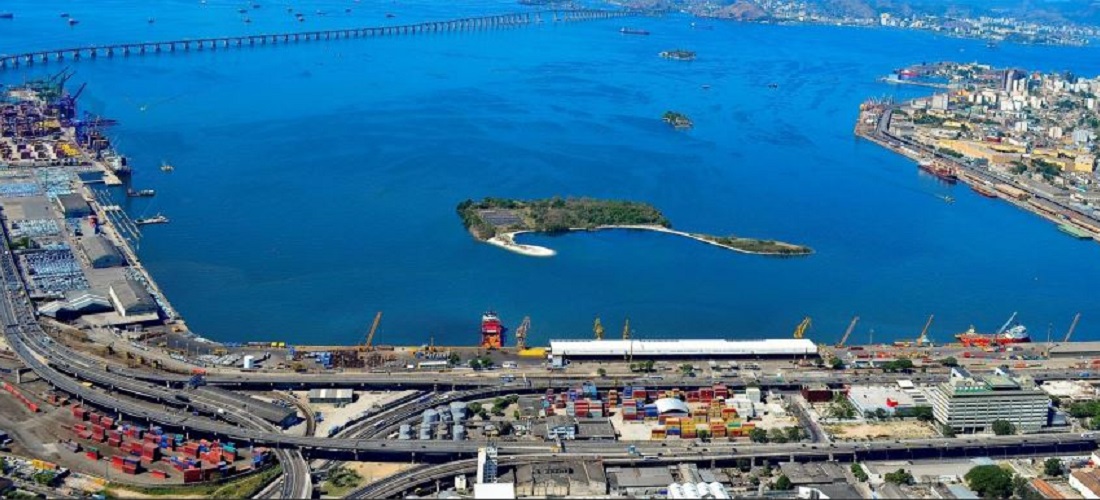
CDRJ reduces liabilities by R$1bn
Dec, 23, 2019 Posted by Sylvia SchandertWeek 201952
At the close of the balance sheet for the last quarter of the year, the Rio de Janeiro Dock Company (CDRJ), the Port Authority responsible for managing the ports of Rio de Janeiro, Itaguaí, Niterói, and Angra dos Reis, recorded a reduction of R$1bn in liabilities, which corresponds to one third of the total debt.
The numbers achieved are the result of changes made by the current technical management of the CDRJ, appointed by the National Secretariat of Ports and Waterways of the Ministry of Infrastructure. “When I took office, I was aware of the company’s financial situation and sought to prioritize careful financial control and review processes in various areas of the company, which will generate even more achievements in the medium and long term,” emphasized CDRJ’s CEO, Francisco Antonio de Magalhães Laranjeira.
In order to achieve the goals, a centralized billing and accounts receivable system is being implemented to all ports, unduly occupied real estate has been taken over, labor liabilities and debts inherited from former Portobras have been reduced, as well as those arising from leasing agreements, among other measures.
In 2020, the Company must proceed with administrative and judicial actions for the sanitation of the company. “The dismissals of employees already enrolled in the Voluntary Dismissal Plan will occur throughout the year, with an expected reduction of R$22m in annual payroll cost,” predicts Laranjeira. In addition, he noted that “the projects developed by the teams in 2019 to improve port infrastructure will be effectively implemented by 2020 and will leverage revenue.”
-
Shipping
Jun, 17, 2024
0
Panama Canal Averts Shipping Crisis With Its Water Plan
-
Other Cargo
Nov, 28, 2024
0
Port of Fortaleza Receives Ship with 10,000 Tons of Asphalt Cement
-
Other Logistics
Jul, 31, 2023
0
Rumo and CHS sign a joint venture to build and operate a railroad terminal in Tocantins
-
Economy
Jan, 12, 2024
0
IMF sees global economy staying ‘resilient’ but growing too slowly in 2024

